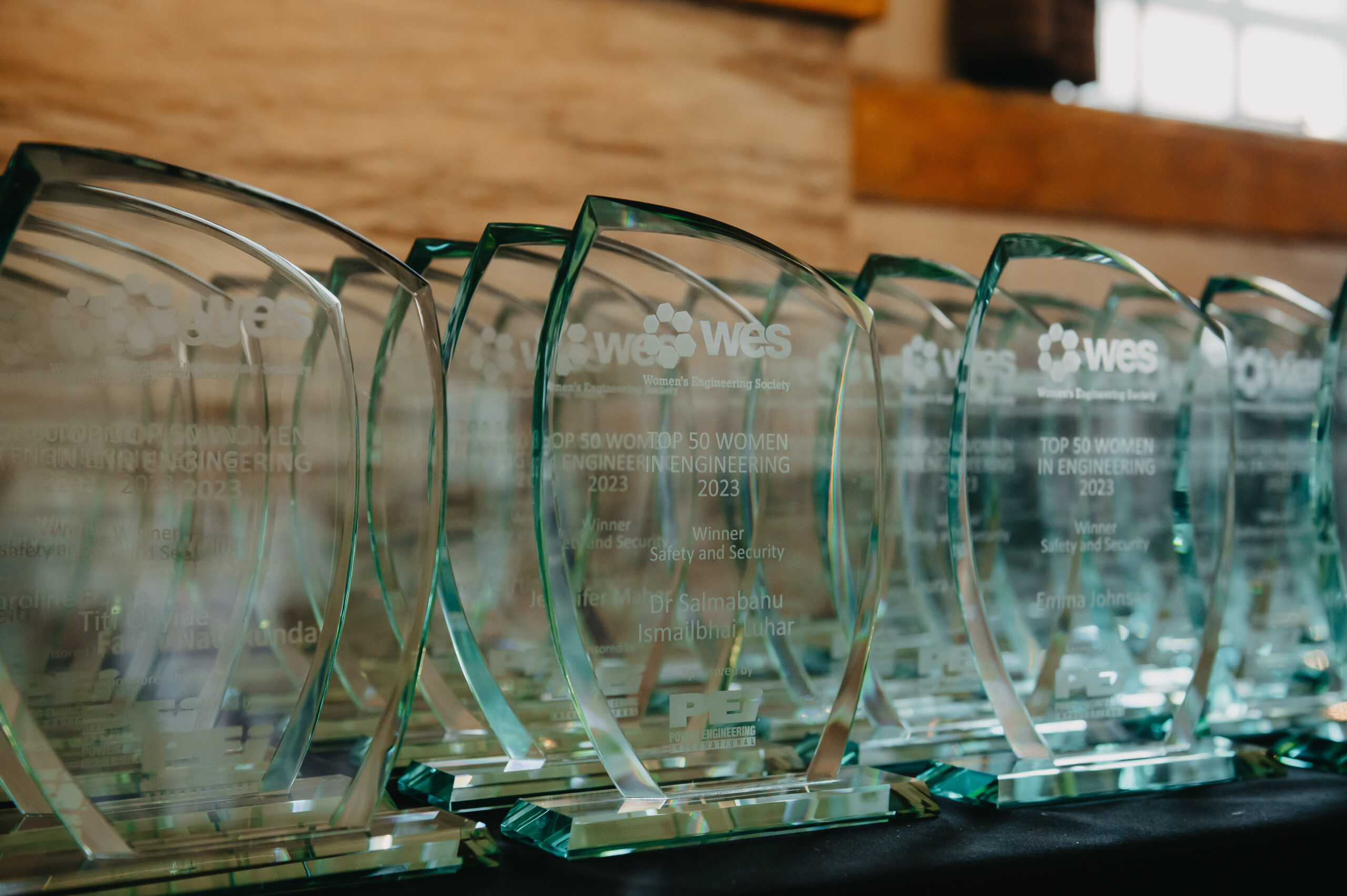
The 2024 Top 50 Women in Engineering Awards (WE50) celebrate the women engineers who use their engineering skills to improve lives #EnhancedByEngineering
Top Tips on Writing a Great WE50 Nomination
If you are looking to submit an application to the Top 50 Women in Engineering awards, the Women’s Engineering Society would like to offer you some advice from former judges to help you with your nomination. Former winners of the Top 50 Women in Engineering (WE50) have demonstrated a balance between:
- Exceptional technical skills for their career stage
- Dealing with adversity
- Supporting women to succeed in engineering and applied sciences
Successful WE50 applicants have demonstrated:
- Resilience and steely determination
- Strong motivation in wanting to succeed
- Leading innovation
- Encouraging other women and/or girls in engineering career progression
All WE50 nominees have generally been of a high standard, however; unsuccessful applications have focused on technical abilities alone or did not demonstrate how the nominee had excelled in their chosen field. Successful nominations are clearly written. Lengthy nominations do not strengthen the nomination but make them more difficult to read. Each year, WES receives hundreds of nominations which all need to be read and sifted for the shortlist of 100.
Winning nominations give insight into the motivations of the nominee from the perspective of the nominator(s), whether a manager, colleague, or the candidate themselves. This can be missed if a professional writer is used, and those nominations that are written collaboratively with a human approach are often most successful.
DO:
- Nominate yourself – it can be hard for women to get senior colleagues or managers to make a nomination, and WES does not discriminate between self-nominees and those who are nominated by others
- Write the nomination in a personal way – tell WES why this candidate is a Top 50 Woman in Engineering from your perspective
- Talk about overcoming adversity and becoming resilient – women are often alone in engineering and these qualities are important
- Talk about barriers – it’s how candidates handle failure that matters as much as dealing with success
- Write the nomination as a story – people warm to other people; stories help to show how we build connections
- Write the nomination in a document before pasting it into the form – it will be easier to edit and you will have a record of what you’ve written
- Ensure you include everything the candidate has done which is important to the application e.g. if they have made TV / radio appearances, posted blogs, podcasts, speaking opportunities and outreach to name just a few. The judges may not know or know of the candidate you so it’s important to write the citation as if they know nothing about the candidate and try to impress!
- Ask colleagues what they think about your nominee – lots of viewpoints make a brilliant nomination, plus they’ll tell you things you didn’t know about your candidate
DON’T
- Include web links. Hyperlinks are removed from the citation and the judges only use the 400 words in the citation to judge each candidate.
- Go over the word count – please stick to the word count of 400 as counted by Microsoft Word. Your nomination may not read well if you are cut off mid-sentence – and WES DOES cut citations off with “over word-count” once 400 words have been reached.
- Get a professional writer – they won’t know the candidate the way you do
- Dwell on technical ability – ability is great, but it needs to come with something else to be a successful nomination
- Be modest – WES wants to know how your nominee has excelled in her field
- Be late – always ensure you meet the deadline and don’t automatically think there will be an extension. The deadline allows the judges the time necessary to read hundreds of nominations.
MOST IMPORTANTLY
DO tell WES what your candidate has done to encourage other women in engineering.
Remember, WES is all about supporting women and we want to celebrate women who support women.
